Tallow Candles | Alternative to Toxic Store Bought Candles
Primal Edge Health participates in the Amazon Services LLC Associates Program and other affiliate programs and therefore, may collect a share of sales or other compensation from the links on this page. This comes at no additional cost to you, and all the prices and availability are accurate at the time of publishing.
Homemade beef tallow candles add a beautiful glow to any room of the house but without those awful toxins. If you want non-toxic candles that are also sustainable and last longer, try making these tallow candles at home!
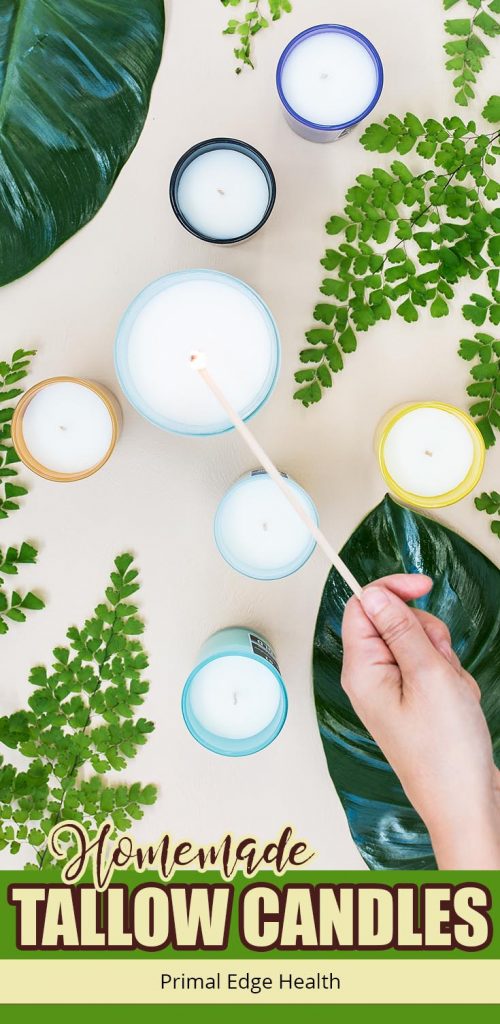
Unwind with a few candles around your bathtub at night or read your toddler to sleep by candle light. However you enjoy candles the most, this will be a good fit!
Benefits of Non-toxic Tallow Candles
Tallow is generally pretty affordable. You can purchase from a local supplier, online at US Wellness, or render it yourself.
- Tallow candles do not pollute the air like conventional candles
- There are no artificial scents and dyes, which release additional chemicals when burned and lead to indoor air pollution
- Non-toxic candles will never be linked to asthma or compared to being as harmful as second hand cigarette smoke like paraffin based candles
- Unlike some conventional wicks, natural wicks are lead-free and do not contaminate your home with dangerous levels of lead
- Homemade candles give an opportunity to source local and sustainable resources from farmers
- Making your own tallow candles at home can help you save money; green products, while sustainable, can be more expensive.
What’s wrong with store bought candles?
Unfortunately, there are many hidden ingredients in low-quality, mass produced candles.
Paraffin wax is the major ingredient in most conventional candles. It is a by product of petroleum and coal processing and technically considered a waste product from these industries.
When paraffin is burned, it emits benzene and toluene which are both highly toxic and known carcinogens. In 2001 the Environmental Protection Agency concluded that burning paraffin candles emits harmful amounts of toxins in the air, considered dangerous with multiple exposures. Some claim the black smoke emitted from paraffin candles is on par with inhaling diesel fumes.
Even through the EPA officially banned lead wicks in 2003 there are still many candles on the market with lead-core wicks. Candles made in China, for example, have no regulation of lead content and continue to to fill the market.
Since the 1970’s different agencies have issued warnings over health concerns of petroleum (and other chemicals like acetone, tetrachloroethene, chlorobenzene, ethylbenzene, styrene, xylene, phenol, cresol, cyclopentene, lead, and carbon monoxide) that are constitute mass produced store bought candles.
The big problem? Candle manufacturers are not required to list or disclose hazardous, toxic or carcinogenic compounds used in their products. Unfortunately, this is true for almost all household products.
So, it is up to the individual to be an educated consumer. Instead of mass-produced and potentially toxic products, we can choose safer options like non-toxic laundry detergents, eco-friendly hygiene products, and non-PFAS cookware. Better yet, you can choose to make some of these items at home.
After reading up on the modern candle making process and concerns over certain chemical constituents, I was eager to find an alternative.
Tips for Homemade Tallow Candles
The method is flexible, it’s best for me to give a general guideline so you can adjust in proportion to your mold.
I usually render tallow at home but you can also purchase grass-fed beef tallow US Wellness.
Mold options vary, I often recycle plastic water bottles into candle molds. Dixi cups, muffin tins, or mason jars are also possible choices. Silicon candle molds work well also.
At night, we use salt lamps, a red light therapy device, and candles as our main light sources. I can say from first hand experience, these tallow candles burn slowly and one large candle will last through the entire week with heavy use. A pint size candle burns for about 14 hours.
Save the wax as it melts down around free standing candles (not those in mason jars) to melt again and reuse in future batches.
These are beautiful and thoughtful gifts. Share them with all your friends! If you want more ideas, check out Bath and Body Recipes that Make Great Homemade Gifts.
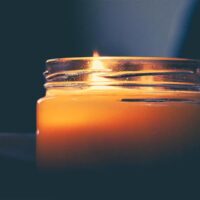
Homemade Tallow Candles
Equipment
Ingredients
- beef tallow buy in bulk or render your own
- 10-20 drops essential oils optional
Instructions
- Melt enough tallow to fill your mold. I melt my tallow at a low temperature in a glass pyrex in the oven, you can also use a double boiler.beef tallow, 10-20 drops essential oils
- While the tallow is melting, dab a small bit of hot glue on the wick stand and attach to the bottom of your mold or use a wick sticker.
- Arrange two popsicle sticks with the wick resting in between, this keeps the wick straight in the container.
- Allow the tallow to cool a bit, while still liquid pour into the candle mold.
- Add optional essential oils and stir them in, careful not to disturb the wick.
- Cool in the fridge or at room temperature. Once the tallow is hard, remove from mold but cutting it away or popping out of the silicon rubber. If using mason jars, the candles remain in the glass to be burned.
- If stored in normal conditions (not too hot or damp) the can easily last a few months.
Notes

Meet Jessica Haggard
Jessica Haggard is the creator of Primal Edge Health, where she shares simple, nourishing low-carb, keto and carnivore diet recipes. With a focus on from scratch, homemade cooking, animal-based nutrition, and easy DIY beauty and personal care recipes, there’s always something new going on in her kitchen! Jessica will teach you exactly how to thrive with all the best ingredients and enjoy the journey along the way.
She has photographed and authored two best selling ketogenic cookbooks, The Ketogenic Edge Cookbook and The Carnivore Cookbook. Learn more about Jessica…

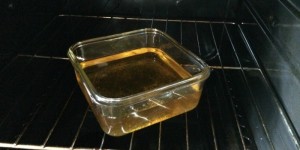
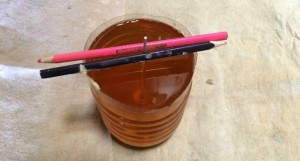
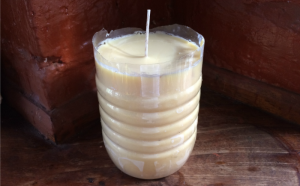
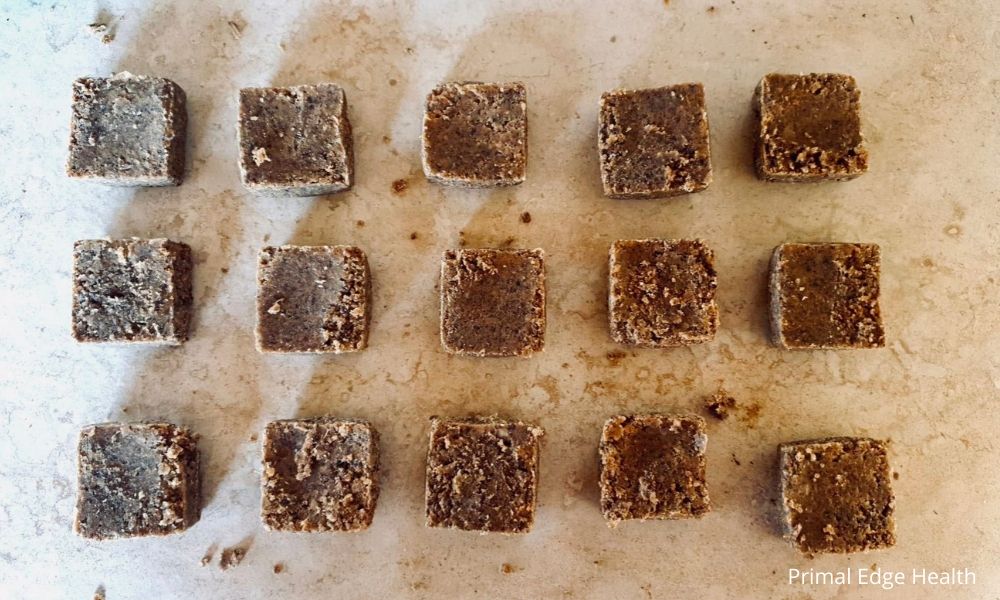
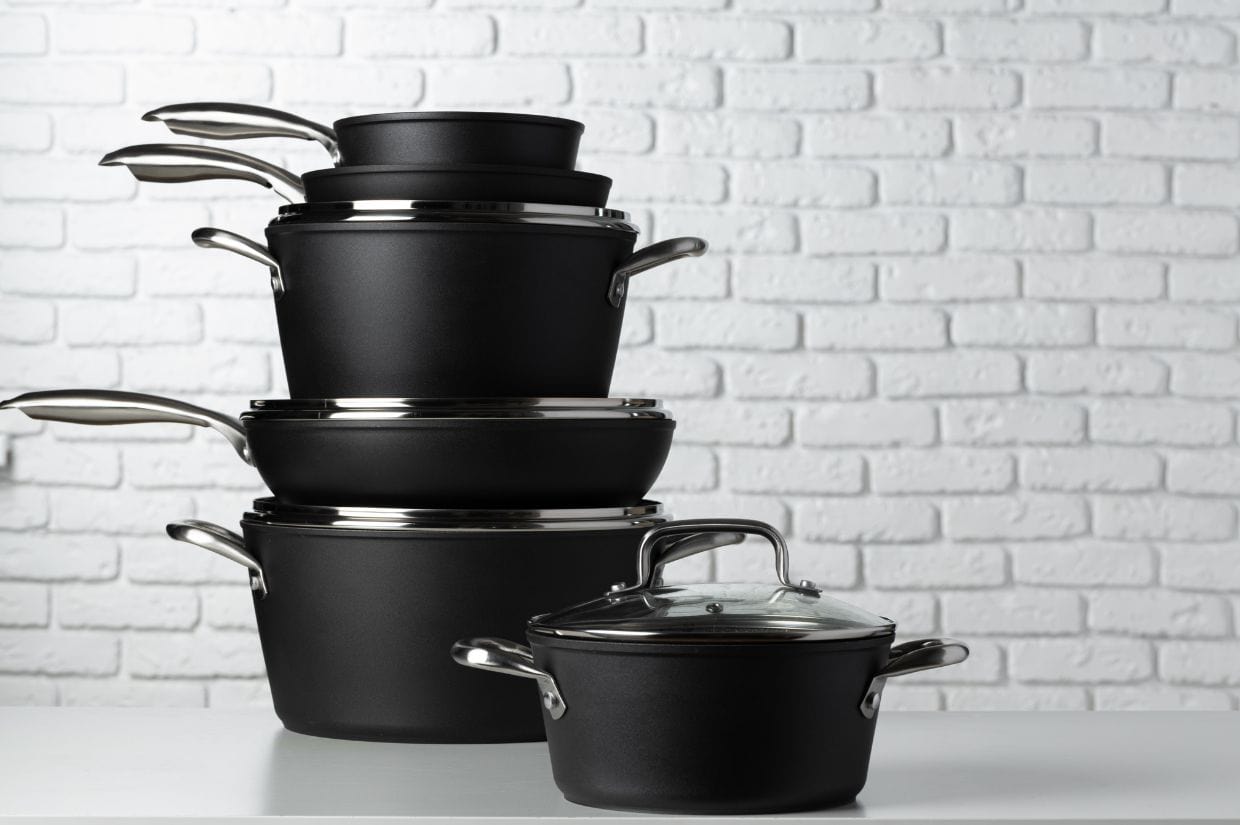
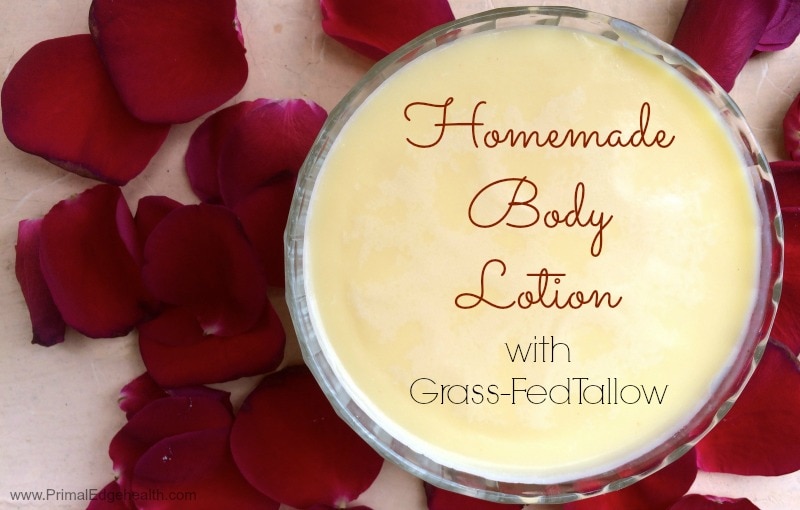
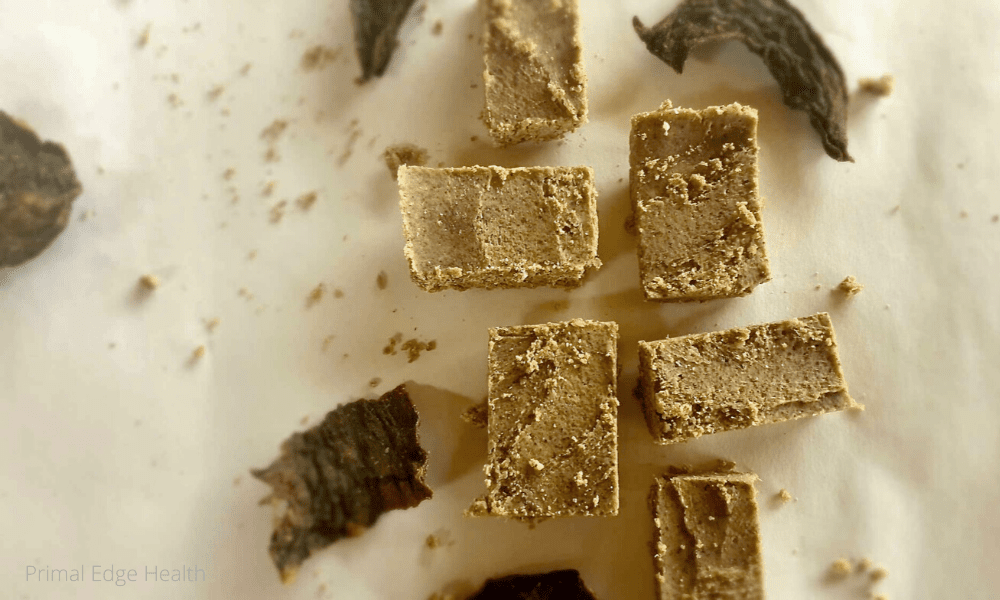
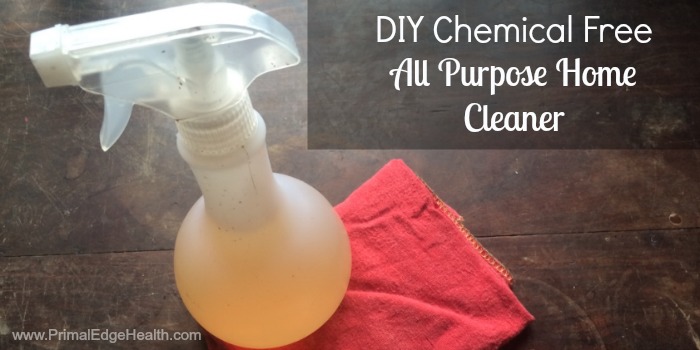

Thank you for your great instructions on making tallow candles.
You are very welcome Betty!
I love tallow so I was really excited to make these. Worked perfectly but I’m going to have to invest in some nicer molds. I had no idea conventional candles were so awful but I usually don’t burn them since most are scented. Thanks for the inspiration!
Awesome Angel! Tallow is fun to explore – there is so much to do with it!
I have made these on two occasions. Each time, when burning my candles inside a small glass jar, the melting fat drowns the wick/ fire and I only get 10 minutes of burning. What can I do to fix? I’ve tried wider jars and narrower jars. Thanks xx
I know this problem! The fix comes down to finding the right thickness of candlewick in relation to the diameter of the candle. The wider the candle, the thicker the wick you need. If you have small wicks, you can try using 2 or 3 in a single candle or if using a braided wick, cut it double long and twist it around itself to make it thicker.
How to make wicks?
I bought mine online but you could use a cotton string. The wider your mold, the thicker the string should be and vice versa, the more slender the mold, the thinner the string should be.
I can’t wait to do this. Ive yet to use tallow in the kitchen and throughout the homestead. I will do this project first! After implementing a healthy pre-sleep habit for the whole family minimizing lights and reading, we need way more candles and red lighting. I will go with this option first because of how sustainable and toxic free it is. It also looks like an easy DIY project ? ….anyway, I appreciate this blog!
It’s fun! You can put the candles in mason jars too and reuse the tallow over and over 😉